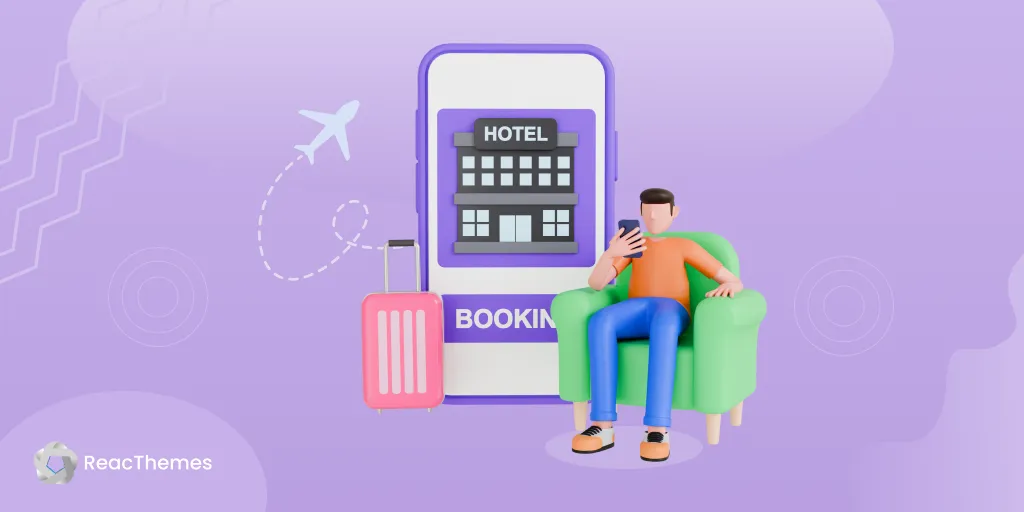Overbooking is one of the most common challenges tour operators face, especially during peak travel seasons. While it might seem like a way to maximize revenue, mishandling overbookings can seriously damage a brand’s reputation and customer trust. No traveler wants to hear that their long-awaited adventure is suddenly unavailable.
Fortunately, with the right strategies in place, you can avoid overbooking issues and handle them professionally when they do occur. From using smarter booking systems to setting clear policies, it’s entirely possible to balance high demand with smooth customer experiences.
In this blog post, we’ll walk you through practical ways to prevent and manage tour overbooking while keeping both your guests and your business in good standing.
How to Prevent and Manage Tour Overbooking
Great question — overbooking is one of those sneaky issues that can quietly hurt a tour business’s reputation if not managed carefully. Let’s break down how you can prevent and manage tour overbooking smoothly.
Set clear booking limits
One of the most effective ways to prevent overbooking is by setting strict capacity limits on each tour or activity. Make sure your booking system automatically caps the number of bookings based on your tour’s maximum capacity. Double-check that your website, OTA listings, and in-person bookings are all connected to avoid conflicting reservations.
Additionally, maintain a buffer by keeping a couple of spots unlisted or reserved for emergencies or VIPs. This adds flexibility for last-minute adjustments without disappointing customers.
Sync real-time inventory across all platforms
If you’re selling your tours on multiple platforms — your website, OTAs (like Viator or GetYourGuide), and physical counters — syncing availability in real time is crucial. Use a central booking management system or a plugin to ensure all platforms update instantly when a booking is made.
This prevents scenarios where two customers unknowingly book the last available spot from different sources, causing unnecessary headaches for your team and frustration for customers.
Introduce waitlists and on-hold bookings
Offering a waitlist for fully booked tours keeps interested customers engaged. If someone cancels, those on the waitlist can be notified automatically. Some systems also allow on-hold bookings where a guest can temporarily reserve a spot for a few minutes while completing payment.
This method adds breathing room, reduces booking abandonment rates, and helps fill up spots that would otherwise go unsold due to last-minute changes.
Implement a clear cancellation and refund policy
Have a transparent, guest-friendly cancellation policy. This encourages early cancellations, giving you enough time to offer the spots to others on your waitlist. Be clear about refund cutoffs, rescheduling options, and possible penalties to minimize no-shows.
Combine this with gentle reminders sent a day or two before the tour to reconfirm attendance and reduce last-minute dropouts.
Use data to predict demand surges
Analyze your booking trends to identify peak times, high-demand tours, or dates prone to overbooking issues. Use this data to adjust your capacity, increase tour frequency, or optimize pricing with dynamic rates during busy seasons.
Knowing your patterns ahead of time lets you prevent bottlenecks before they happen — and keeps your guests happy.
Final Thoughts
Preventing and managing tour overbooking is vital for maintaining customer trust and safeguarding your brand’s reputation. With the right systems in place and clear booking policies, you can minimize the risk of errors and ensure smooth, reliable operations. Staying organized and monitoring capacity closely helps avoid the frustration of oversold tours.
When overbooking issues do occur, how you handle them matters just as much as preventing them. Quick, thoughtful communication paired with fair solutions like rescheduling or offering upgrades can turn a negative moment into a positive guest experience. In a competitive industry, this approach not only preserves goodwill but also encourages future bookings.









